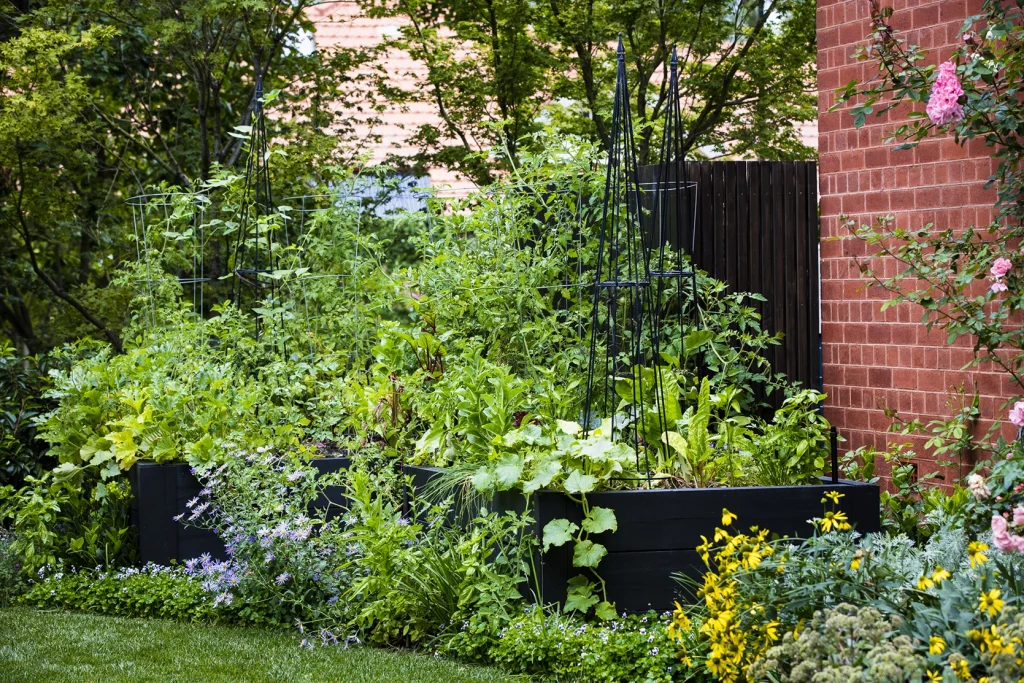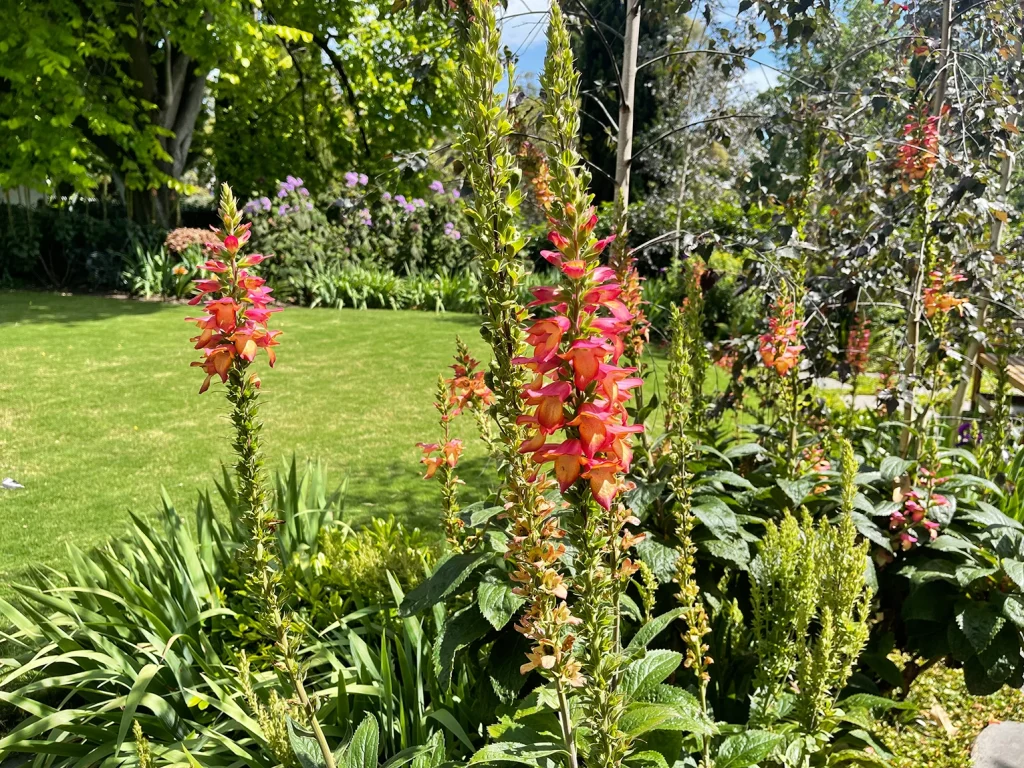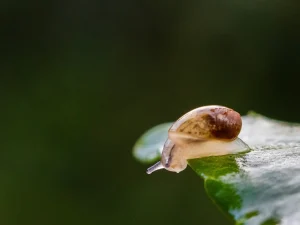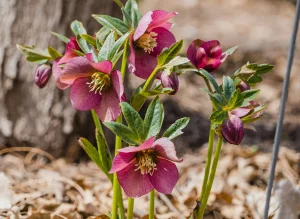As we’ve stepped into the new year, it’s the perfect time to reflect on our gardens and think about how we want them to bloom in 2025. Whether you’re looking to add vibrant colours, create year-round beauty, or introduce new textures, choosing the right plant types plays a key role in shaping your outdoor space.
Understanding the differences between plant types: annuals, perennials, and biennials is essential for making informed decisions that suit your aesthetic and gardening goals.

Perennials
Perennials live for many years and are divided into two main groups:
Herbaceous perennials: These plants die back to underground storage organs, such as tubers and bulbs, and reemerge when the weather is favourable. Examples include daffodils, lilies, crocuses, and hostas.
Woody perennials: These include shrubs and trees, which grow over many years, forming wood on their trunks and branches. While they may have a peak flowering period each year, they do not die after the growing season. Some can live for hundreds or even thousands of years.
Our favourites:
- Helleborus orientalis
- Stachys byzantina
- Trachelospermum jasminoides
- Poa labillardieri ‘Eskdale’
- Tulbaghia violacea
- Hydrangea
- Echinacea Purpurea (Coneflower)
- Verbena Bonariensis (Purpletop vervain)
Perennials are our go-to for gardens, given their long-term investments, saving you time, energy and money. Although they are more expensive upfront, you likely won’t have to purchase them again, and eventually, they can be divided to create more plants.
We recommend focusing on perennial plants for a lower maintenance and longer-lasting garden.

Annuals
Annuals complete their entire life cycle—germinating, growing to maturity, flowering, and producing seeds—all within a single growing season. This cycle can span a year or less. These plants have one peak flowering period before they die. Many of our vegetables and ornamental flowers are all examples of annuals.
Our favourites:
- Tomato
- Cucumber
- Parsley

Biennials
Biennial plants have a life cycle that falls between annuals and perennials. They grow over two seasons, typically blooming in the second year. While they complete their life cycle in two years, they are sometimes harvested annually, which makes them somewhat similar to annuals.
Our favourites:
- Digitalis purpurea (Foxglove)
- Digiplexis ‘Illumination Flame’ (Foxglove)
- Myosotis (forget me not)
- Dianthus barbatus



